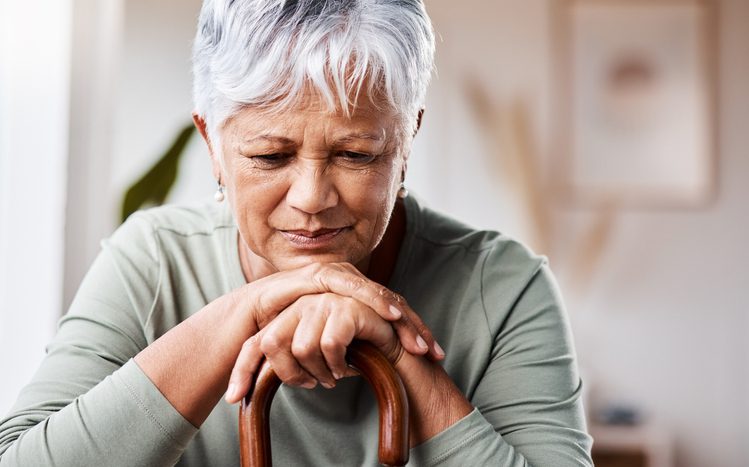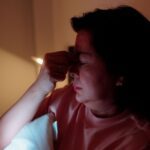Sadness happens to everyone from time to time. Short bursts of time when you feel alone, afraid, or just unhappy with the situation are not uncommon. Depression is not the same. When it happens, you may find it hard to get through the day’s tasks and have no desire to do things you have always loved to do. In older people, depression is not uncommon, but it is also not something that is normal or a part of life. Depression in older people is a treatable condition, and tackling it can improve quality of life incredibly.
Data from the World Health Organization indicates that as many as 14% of older adults are living with a mental health disorder. While many people view older age as being a time for a variety of health complications, mental health conditions like depression may get pushed to the background. Yet, they are directly impactful on daily life and may even influence a person’s desire to engage with family and friends.
Types of Depression and Causes in Older Adults
If you suspect you or your family member may be struggling with depression, do not wait to seek help. Instead, talk with your doctor immediately. At Willow Creek Behavioral Health, we are here to help with highly personalized treatment and supportive programs for older adults.
For starters, consider the following types of depression and how they tend to present, as noted by the National Institute on Aging:
- Major depressive disorder: This condition typically causes at least two weeks of emotional impact that can interfere with a person’s ability to do things they have usually done.
- Persistent depressive disorder: Also known as dysthymia, this form of depression tends to cause a depressed mood that lasts for two years or longer. A person may still be performing daily tasks but feels down most of the time.
- Substance and medication-induced depressive disorder: Some medications, as well as substances like alcohol, can cause depressive symptoms. This is common in people with pain medication they continuously need to take.
- Depressive disorder due to a medical condition: Some people develop depression after diagnosis of another condition, such as multiple sclerosis or heart disease.
Each and every one of these conditions benefits from treatment. No one has to live in a state of fear and sadness. Even if life is tough and they’ve “been through a lot,” treatment for depression is far more than just learning to live with the challenges life has given you. If you feel your loved one may be struggling with these factors, seek out a mental health assessment to start on the path to recovery.
How to Know If Your Loved One Is Depressed
Treatment for depression in older adults may be highly effective if they receive it. To do that, many people need family or friends to encourage them to seek mental health support. If you spot the following signs of depression in your loved ones, it’s time to reach out for help:
- An “empty” mood, or a feeling of being sad all of the time
- A lowered level of energy and fatigue, without illness or other noted reasons
- Feelings of hopelessness, worthlessness, unplaced guilt, or helplessness
- No longer interested in doing activities that used to be pleasurable, including changes in intimate connections
- Thoughts of death, dying, suicide, or attempts at harming themselves
- Talking and moving slower without a physical need for it
- Trouble concentrating or making decisions
- Irritability and restlessness, often feeling like nothing makes a loved one happy any longer
- Changes in eating habits, often leading to unplanned weight gain or weight loss
- Trouble sleeping that’s new, or waking up very early in the morning with limited amounts of sleep
What is happening to your family member or friend? It’s hard to understand the impact of depression on older people. Sometimes, it’s easier to simply say they don’t have anything to worry about or choose to be like they are. That’s not the case. In many situations, a person with depression cannot control their mood, and the simple things they enjoy do not spark the same level of happiness they used to.
Treatment for Depression in Older Adults Can Improve Life
At Willow Creek Behavioral Health, we offer comprehensive depression treatment. Our programs are designed for the unique challenges older people face, including finding a way forward, resolving painful trauma, and creating better, balanced hormones that could be the main factor behind these symptoms.
Turn to Willow Creek Behavioral Health now for a confidential screening and discussion about depression. Our complete depression treatment programs in Green Bay, WI, can help your family member get the support they need. Contact us now.





